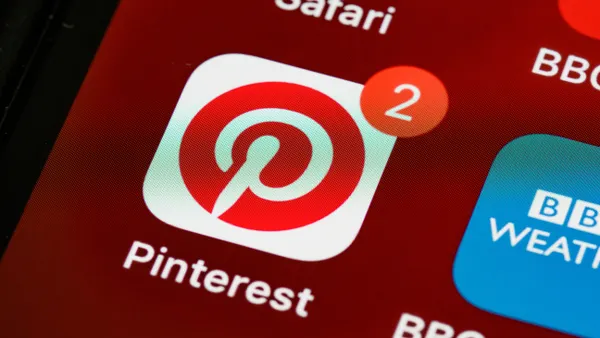Dive Brief:
-
Moody’s Investors Service analysts last week threw some cold water on J. Crew Group’s plans to separate its Madewell unit and take it public, saying, among other things, that the company may be overestimating Madewell’s value. While J. Crew pegs Madewell’s enterprise value at between $1.9 billion and $2.9 billion, Moody’s puts it at closer to $1.2 billion to $1.9 billion.
-
The move also depends on the company and a group of its lenders agreeing on a debt restructuring plan, which Moody’s noted remains uncertain. Plus, "if the ultimate transaction is similar to the outlined offers, we would likely view it as a distressed exchange," according to the note, which was emailed to Retail Dive.
-
The analysts also expressed doubt about Madewell’s and J. Crew’s growth potential, which both would be crucial to the deal. While Madewell is in growth mode, it's "lower than high growth peers like Lululemon and Canada Goose" and "its brand recognition is significantly lower than that of the selected high growth peers," they said. And they expressed some skepticism about a timely turnaround at the namesake brand.
Dive Insight:
Madewell's prospects may be good, considering that, as Moody's put it, it has emerged as J. Crew Group's "crown jewel." But solving the company's debt crisis with the proceeds from a Madewell IPO may not bode well for either brand.
The restructuring offer from the company includes "a significant cash term loan paydown," which Moody's estimates in the $390 million to $700 million range, as the company targets a $1.1 billion repayment, "as well as preferred equity that is first in line to get repaid with Madewell follow-on offerings," according to the note. "Notably, the offers include full repayment in cash at par to non-consenting term loan lenders."
Since 2016, Madewell grew revenue and more than doubled EBITDA, Moody's noted. "In contrast, J.Crew generated negative EBITDA for the [last twelve month] period ended August 2019, as it cleared inventory to exit sub-brands created in 2018 and correct broad increases in inventory levels."
J. Crew itself retains a strong brand, the analysts noted, which could yet draw "interest from third parties." But it has been struggling for years, and more recent turnaround efforts under previous CEO James Brett seemed in the end to be a further setback, which led to his departure after just over a year. In March, now interim CEO Michael Nicholson told analysts that the company was unwinding some of Brett's initiatives, including his introduction and amplification of sub-brands Mercantile and Nevereven, which he said "caused confusion with our customers and substantial investment in inventory across all categories that led to excessive promotional activity and write down of inventory."
That leaves cost reductions as the main driver for that brand's projected earnings growth of $46 million of EBITDA for 2019, Moody's warned. "[R]einvigorating the brand in a highly competitive environment will be difficult," they said.
Furthermore, as Moody's notes, it's hardly certain that the company can come to an agreement with the group of lenders whose blessing it needs to move forward. And going public in this environment wouldn't be easy on a good day.
"The IPO timing might not be the best given the volatility in the financial markets due to China tariffs, rising oil prices, slowing consumer spending on apparel, and rising federal debt," Shawn Grain Carter, professor of fashion business management at the Fashion Institute of Technology, told Retail Dive last week. "This brand is resilient. However, fashion [IPOs] in this type of marketplace might need more than good gross margin profits and strong revenue generation to appease the financial wizards on Wall Street right now."














